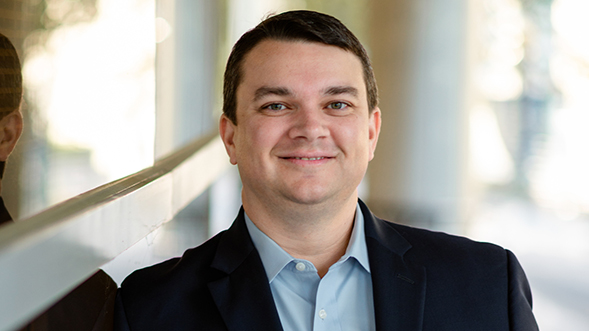Daniels & Tredennick Welcomes Stafford Law Firm into the Family
We are excited about this new chapter and the expanded service offerings it will bring to our valued clients.
+
Let Us Help You Protect Your Legacy
The same excellence when it comes to protecting your family, your assets, your business, and your legacy that you've come to expect from Stafford Law Firm, now even better with the full family of lawyers at Daniels & Tredennick.
Contact Will Stafford now by phone or by email to learn how we can best support you with your business law, estate planning, and probate needs.
713.917.0024Call Now
Contact WillVia Email

